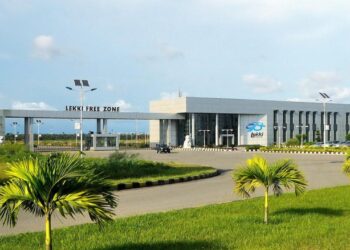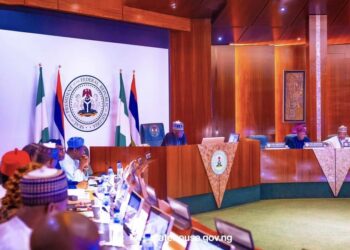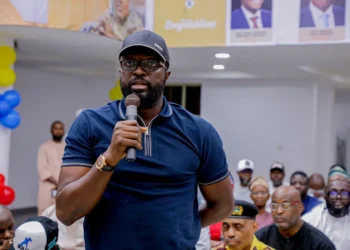The Singaporean Minister of State for Trade and Industry, Dr Koh Poh Koon, on his visit to Nigeria expressed his interest in the free trade zone as well as port development.
The minister brought a trade delegation from Singapore to understand the market potential, and look for opportunities where they can either invest or set up a business in Nigeria.
According to Koon, the Lekki Free Trade Zone (LFTZ) is something interesting for Singaporean companies to see, and would hopefully lead to greater awareness and excitement for Singaporean companies to explore business opportunities in Nigeria.
The Tolaram Group, an international private consortium and promoters of the LFTZ while talking about the development in the Zone, stated that although more investors are indicating interest in the massive development project, only four industries have commenced operations in the Zone.
The consortium said so far, it has a combined project value investment of about $150 million for the development of the four factories, while it plans to invest more funds as new industries spring up at the facility.
The factories include the TG Arla, manufacturers of Dano Milk; Palm Oil Refinery, producers of Power Oil; Cereals and Kellogg’s Production Company and the Insignia Technology Prints.
In the same light, the Group Managing Director of Tolaram Group, Haresh Aswani, commenting on the $1.2 billion Lekki deep sea port project, stated that 2020 is still in view for its completion.
He said that activities would build up in the next three months, while earth moving equipment would be deplored to site in December.
We are pleased that the minister is visiting at this time because this is when work has actually commenced. So, he’s actually seeing the port project in the Greenfield basis, and we are hoping that in three years’ time when he comes back we would have completed the port project.
The port project has started up, you will see activities building up in the next three months, and by December, and we expect full activities to commence at the site. The port would be completed in three years while the free trade zone is ongoing. We have to keep developing as new investors are coming in,” he added.
With a capacity to handle 2.5million twenty-foot equivalent unit (TEUs) in its first phase of operations, Aswani further said the country’s largest deep sea port when extended to its second stage, would have the capacity to handle 4.5million TEUs.
















